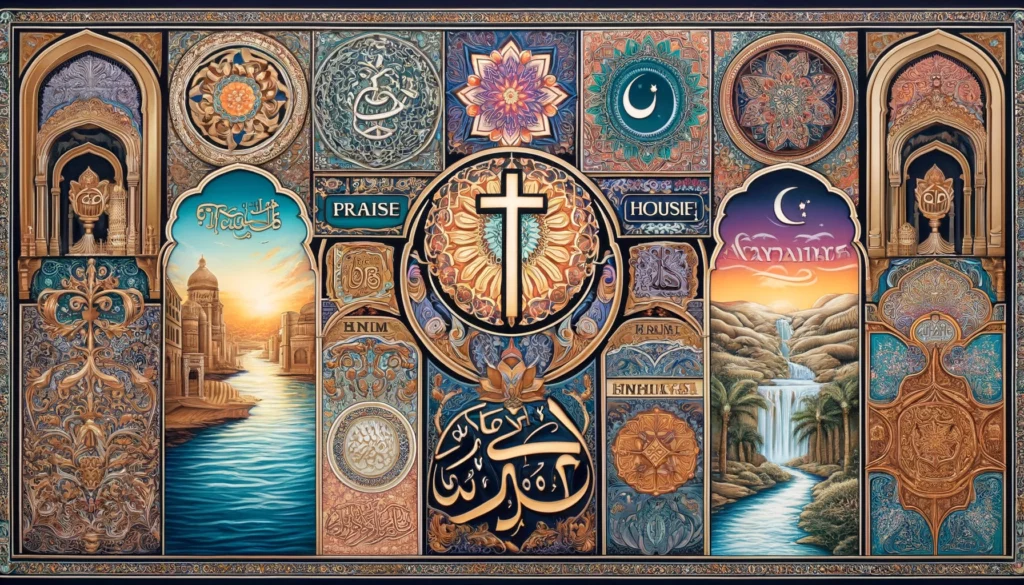
The sentiment “Praise the Lord” resonates across the tapestry of human faith, symbolizing a universal appreciation and gratitude toward a higher power. Although this phrase originates from Christian theology, it mirrors a common theme shared among diverse religions around the world. Each tradition employs its unique phraseology, but the essence remains unchanged—an expression of reverence, gratitude, and awe for the Divine.
The Islamic counterpart is “Alhamdulillah,” meaning “All praise is due to Allah (God).” It is a phrase Muslims use daily to express gratitude and appreciation for even the simplest blessings. In Hinduism, the Gayatri Mantra, one of the most ancient and revered verses, is a prayer for spiritual awakening and guidance. The Shema, a centrepiece of the daily Jewish prayer services, declares faith and devotion to God: “Hear, O Israel: the Lord our God, the Lord is one.” Sikhs often recite “Waheguru Ji Ka Khalsa, Waheguru Ji Ki Fateh” as an affirmation of God’s grace and the victory of the divine spirit.
Islam
“In the Name of Allah—the Most Compassionate, Most Merciful. All praise is for Allah—Lord of all worlds.”
–The Qur’an (1:1-2), Islamic scripture
Judaism
“Let everything that has breath praise the Lord.”
–The Hebrew Bible (Psalm 150:6), Jewish scripture
Christianity
“Through him then let us continually offer up a sacrifice of praise to God, that is, the fruit of lips that acknowledge his name.”
–The New Testament (Hebrews 13:15), Christian scripture
Hinduism
“We meditate on the glory of that Being who has produced this universe; may She enlighten our minds.”
–Gayatri Mantra, Swami Vivekananda translation
Buddhism
“Om Mani Padme Hum” (“praise to the jewel in the lotus”)
–Buddhist mantra
Sikhism
“One Universal Creator God. The Name Is Truth. Creative Being Personified. No Fear. No Hatred. Image Of The Undying, Beyond Birth, Self-Existent, (known by) the grace of the Guru.”
–Guru Granth Sahib, Sikh scripture


